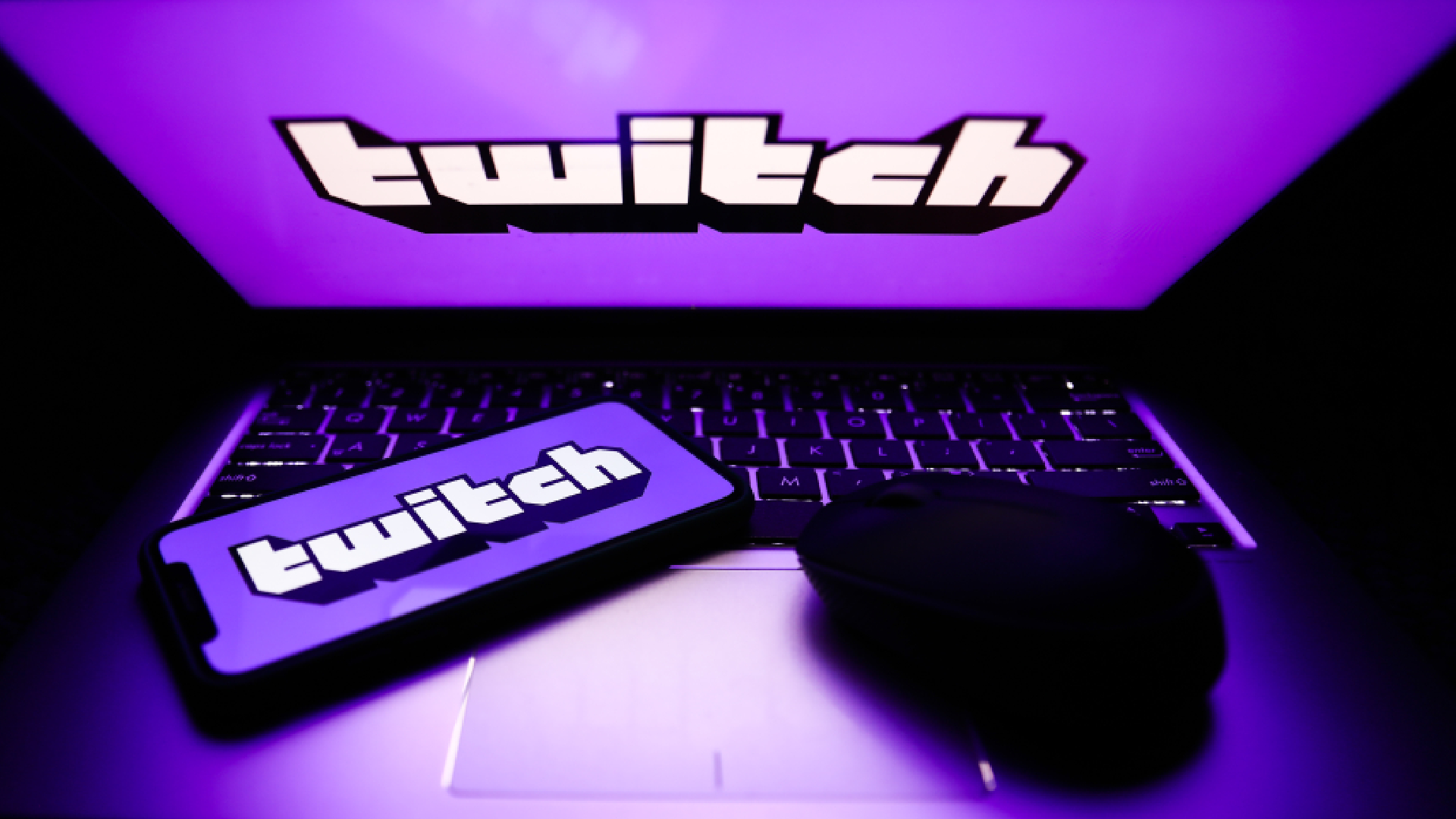Twitch silently stopped sign ups from both Israel and Palestine for over a year, gets caught out, says it was all 'to prevent uploads of graphic material'
"We deeply regret this unacceptable miss, and the confusion it has caused."

The ongoing conflict between Israel and Palestine, which has now spread into Lebanon and threatens to further destabilise the Middle East, has dominated global news coverage since the October 7, 2023 attacks on Israel.
Recently, Twitch banned the popular user Asmongold following a racist anti-Palestinian rant, which thanks to his profile put Twitch's policies around the October 7 attack on Israel and the subsequent ongoing bombardment of Palestine under the microscope. The fallout has now turned up something extraordinary: As first reported by 404 Media, Twitch has been silently blocking new users from both Israel and Palestine ever since October 7, 2023. When this became public, Twitch almost instantly issued a mea culpa and a course correction:
"We deeply regret this unacceptable miss, and the confusion it has caused. Following the October 7, 2023 attacks, we temporarily disabled sign ups with email verification in Israel and Palestine," said the Twitch support account. "We did this to prevent uploads of graphic material related to the attack and to protect the safety of users."
Twitch does have good reason for an abundance of caution, because the instantaneous nature of streaming means that such platforms have been used to broadcast awful content. The Christchurch mosque shootings in New Zealand in 2019, during which 51 people were killed and 89 injured, were partially livestreamed on Facebook. In May 2022, Payton Gendron killed ten people and injured three in a racist attack at a grocery store in New York (11 of the 13 victims were Black), livestreaming the attack on Twitch.
There are many other examples that justify a platform like Twitch taking a proactive stance in the immediate context of real-world atrocities: Especially with October 7, 2023, where Hamas attackers used the accounts of victims to livestream footage on Facebook, Instagram, and WhatsApp.
So the initial decision here makes sense. It just seems that, once the immediate context had passed, nobody at Twitch thought to re-enable email sign-ups (users could apparently still set up new accounts using phone verification).
"Signups were not disabled, and we continued to see sign ups from both regions. Users could choose to sign up with phone verification. We've learned that, inadvertently, we did not re-enable email verification sign ups for either region," said Twitch. "We've fixed the issue, meaning all affected users can sign up with email verification."
Keep up to date with the most important stories and the best deals, as picked by the PC Gamer team.
Twitch's explanation feels plausible but, inevitably, some are unwilling to accept it at face value. Various recent moderation decisions have come under new scrutiny, such as Twitch unbanning the streamer Sneako who'd made anti-Semitic remarks. These theories are rather undermined by the fact Twitch wasn't taking signups from Palestinians either, but persist nevertheless.
There does seem to be one element of the explanation that doesn't make sense, however. This was surely a ban on IP addresses rather than email addresses, yet Twitch is claiming the latter.
"When you try to create a new account from Israel, you get a 'There is a problem' response," says Ran-Bar Zik, senior software architect at CyberArk. "When you look at the server's response, you clearly see that the country's IP has been blocked [...] they have now released an 'explanation' that they did it in order to 'protect'. A bit of bullshit in my opinion."
I'm not sure I'd go that far, though Twitch has clearly backpedalled at speed and most of the replies to its explanation… they're not very reasonable. Perhaps this is the exposure of some conspiracy, but I don't think so. It just reminds me of a classic phrase: Never attribute to malice what can be put down to incompetence.

Rich is a games journalist with 15 years' experience, beginning his career on Edge magazine before working for a wide range of outlets, including Ars Technica, Eurogamer, GamesRadar+, Gamespot, the Guardian, IGN, the New Statesman, Polygon, and Vice. He was the editor of Kotaku UK, the UK arm of Kotaku, for three years before joining PC Gamer. He is the author of a Brief History of Video Games, a full history of the medium, which the Midwest Book Review described as "[a] must-read for serious minded game historians and curious video game connoisseurs alike."

